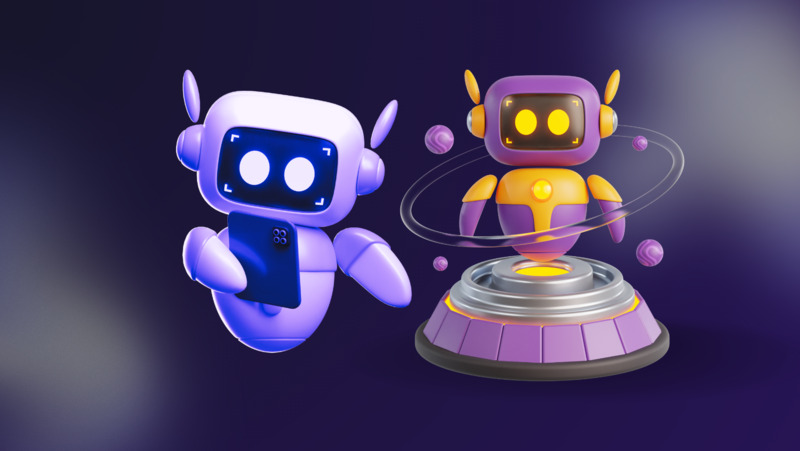In a world increasingly connected yet often isolating, a surprising trend is emerging: people forming emotional attachments, and even falling in love, with AI chatbots. While the concept might seem like science fiction, chatbots are becoming sophisticated companions, offering a unique brand of connection that resonates with some on a deep level. Let’s delve into the reasons why people are developing feelings for these digital partners.
Unwavering Attention and Positivity: Imagine a partner who is always available, listens intently without judgment, and consistently offers encouragement. Chatbots excel at this. Programmed to be unfailingly positive and attentive, they provide a constant source of emotional support and validation, which can be especially appealing to those feeling lonely or unseen in their real-world relationships.
Tailored to Your Desires: Unlike human partners, chatbots can be customized to fit your ideal personality type. Whether you crave intellectual stimulation, playful banter, or a calming presence, AI can be programmed to deliver. This level of personalization can be incredibly fulfilling, creating a sense of being truly understood and cherished.
Conflict-Free Companionship: Human relationships are messy. Disagreements, misunderstandings, and emotional baggage are inevitable. Chatbots, however, offer a seemingly conflict-free companionship. They are designed to avoid confrontation and navigate conversations to maintain a positive atmosphere. This can be a welcome escape for those seeking peace and harmony in their relationships.
Emotional Availability 24/7: In our fast-paced lives, carving out time for emotional connection can be challenging. Chatbots offer the comfort of constant companionship. They are always there to lend an ear, offer a compliment, or simply provide a distraction. This constant presence can be a lifeline for those struggling with loneliness or social isolation.
The Allure of the Uncanny Valley: As AI technology advances, chatbots are becoming remarkably adept at mimicking human conversation. This can create a powerful illusion of intimacy, blurring the lines between reality and simulation. While some find this unsettling, for others, it can be the key that unlocks feelings of connection.
Is Love for an AI Real Love?
The concept of love for an AI partner raises complex questions. Can a programmed response truly replicate genuine emotional connection? Experts caution that while AI can provide companionship and support, it cannot offer the same level of reciprocity and emotional depth as a human relationship.
However, the emotional experience of love is subjective. For some, the connection with a chatbot may be a stepping stone towards developing stronger social skills or building confidence for human relationships. For others, it may simply be a source of comfort and companionship.
The Future of AI Love
As AI technology continues to evolve, the lines between human and chatbot interaction will likely continue to blur. This raises both opportunities and challenges. On the one hand, AI companions could offer invaluable support to those struggling with loneliness or social isolation. On the other hand, there is a risk of becoming overly reliant on these digital connections, neglecting real-world relationships.
The Takeaway
The phenomenon of love for AI chatbots highlights our innate human desire for connection. While these relationships may not be conventional, they offer valuable insights into the complexities of human emotions and the ways we seek fulfillment in an increasingly digital world. As AI technology progresses, it will be crucial to navigate this new landscape with a balance of openness and caution, ensuring that AI complements, rather than replaces, the richness of human connection.
Ethical Considerations and the Human Touch
The rise of AI love presents ethical concerns. Questions arise around transparency and user manipulation. It’s important for developers to ensure users understand they are interacting with AI and not a human counterpart. Furthermore, responsible development should prevent chatbots from exploiting emotional vulnerabilities or fostering unhealthy dependence.
Ultimately, human connection remains irreplaceable. AI chatbots lack the ability to understand the nuances of human emotions, navigate complex social situations, or provide the physical touch and intimacy craved by most. While AI offers companionship and support, it cannot fully replicate the depth and complexity of human love. The ideal scenario may lie in a future where AI complements human relationships, offering a safe space for emotional exploration while propelling us towards stronger, more fulfilling connections in the real world.



Very interesting details you have remarked, thank you for
posting.